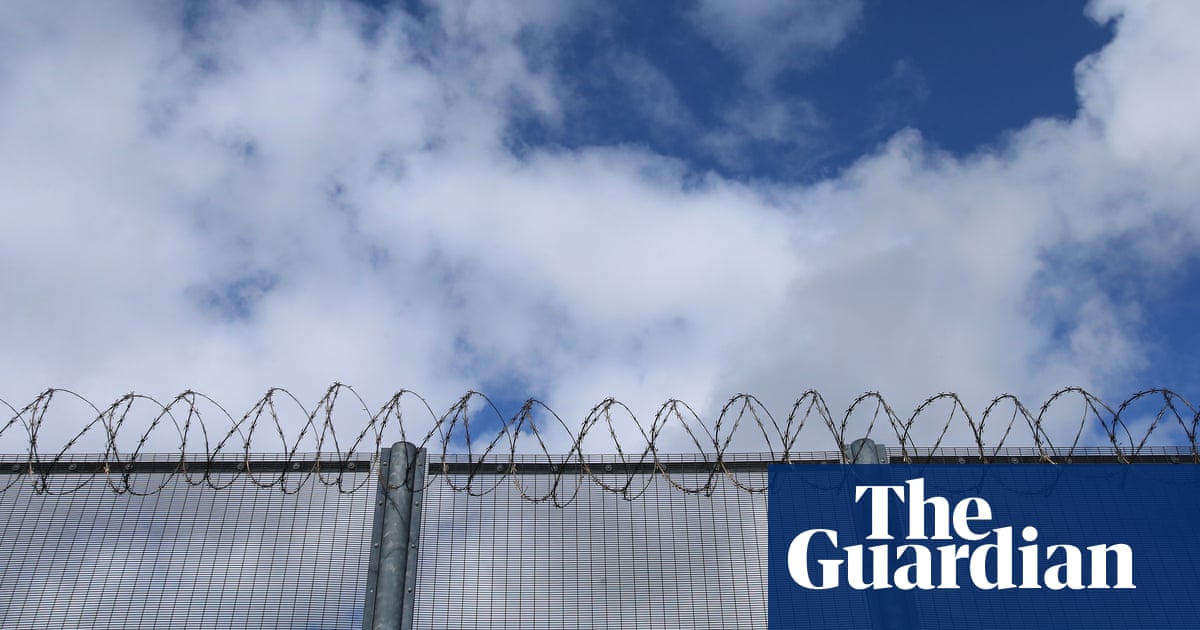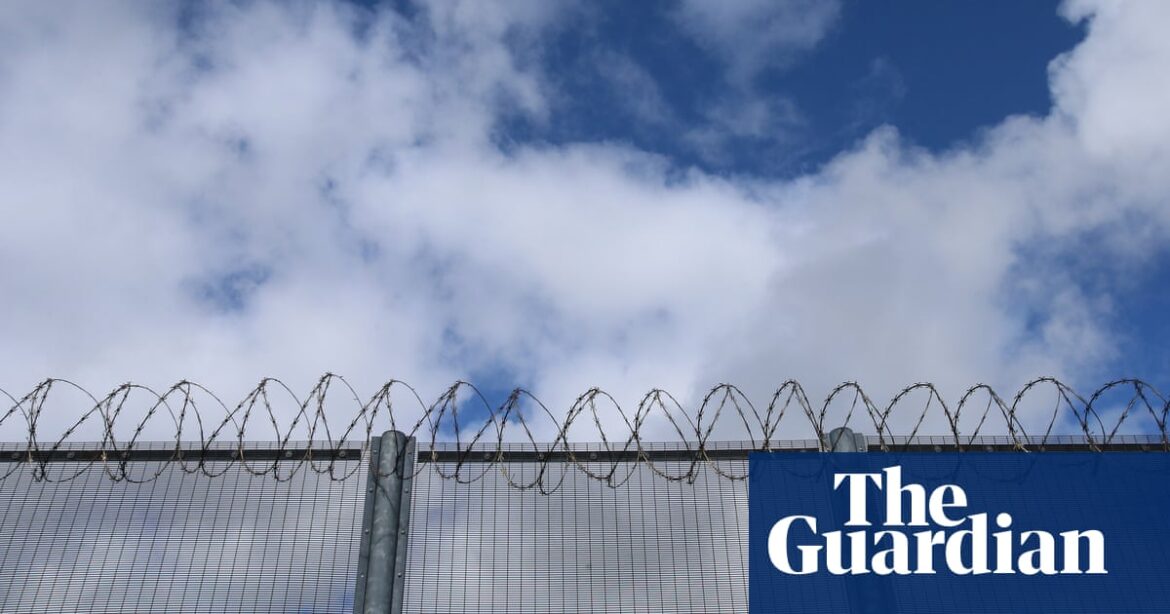
Drones have become a “threat to national security”, the prisons watchdog has said, after a surge in the amount of weapons and drugs flown into high-security jails.
Charlie Taylor, the chief inspector of prisons, called for urgent action from Whitehall and the police after inquiries found that terrorism suspects and criminal gangs could escape or attack guards because safety had been “seriously compromised”.
His demands follow inspections at two category A prisons holding some of England and Wales’s most dangerous inmates. HMP Manchester and HMP Long Lartin in Worcestershire had thriving illicit economies selling drugs, mobile phones and weapons, and basic anti-drone security measures such as protective netting and CCTV had been allowed to fall into disrepair, inspectors found.
In a report released on Tuesday, Taylor said the police and prison service had “in effect ceded the airspace above two high-security prisons to organised crime gangs” despite knowing they were holding “extremely dangerous prisoners”.
He said: “The safety of staff, prisoners and ultimately that of the public is seriously compromised by the failure to tackle what has become a threat to national security.
The Prison Service, the police and other security services must urgently confront organised gang activity and reduce the supply of drugs and other illicit items which so clearly undermine every aspect of prison life.”
At Long Lartin inspectors found that “large payloads of illicit items” were being delivered, driving violence over drug debts and contributing to “low morale” among staff. Prisoners held at the jail have included Vincent Tabak, who kidnapped and murdered Joanna Yeates,; the murderer Jeremy Bamber; and the terrorist preacher Abu Hamza.
Taylor issued an urgent notification at HMP Manchester, once known as Strangeways, after finding that prisoners were burning holes in supposedly secure windows so they could continue to receive regular deliveries by drone. “Some of these had increasingly large payloads, which had the potential to lead to serious disruption and potential escape,” the report said. Contractors who fixed windows faced threats from inmates, it said.
Inspectors labelled the prison, which holds 30 category A prisoners, as “the most violent” in England and Wales.
Sophisticated drones, worth several thousand pounds and about a metre wide, are equipped with thermal imaging equipment and can carry up to 7kg of illicit goods under the cover of darkness. Some prisons have introduced counter-drone technology to detect when unmanned aerial vehicles (UAVs) are nearby, but few, if any, are thought to actively block the devices from approaching.
In November, Taylor told the Guardian drones were his “No 1 concern” amid concerns from staff that it was “a matter of time” before guns were flown into prisons.
A recent report by Taylor’s inspectors into HMP Garth, near Leyland in Lancashire, said so many drones were being flown to the prison at night to deliver contraband to cell windows that an inmate compared it to “an airport”.
In a further development, the probation watchdog has expressed concern that new officers dealing with a surge of early release prisoners are finding the pressure “overwhelming and counterproductive”. Martin Jones, the chief inspector of probation, said one in 10 probation officers left the service last year and many staff struggled with high workloads and stress.
It follows the government’s decision to release more than 2,000 prisoners under the SDS40 scheme since July to ease overcrowding in prisons. “The current pressures on new staff are overwhelming and counterproductive to building a fully staffed, experienced probation service in the long term,” Jones said in a report released on Tuesday.
A Ministry of Justice spokesperson said: “This government inherited prisons in crisis – overcrowded, with drugs and violence rife.
“We are gripping the situation by investing in prison maintenance and security, working with the police and others to tackle serious organised crime, and building more prison places to lock up dangerous criminals.”
Source: theguardian.com



